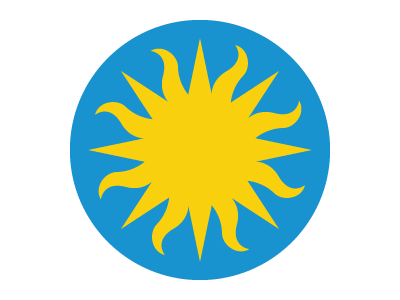Postdoctoral Position -Conservation Ecologist (2)
The Smithsonian’s National Zoo and Conservation Biology Institute (SNZCBI) is seeking two postdoctoral fellows to engage more directly with identifying conservation metrics for vertebrate communities and populations. One position would serve to support a stakeholder group, incorporate conservation products into both policy and management arenas, and generate capacity building materials for conservation professionals. This person would expand upon current efforts within consortiums such as Wildlife Insights, GeoBon and Movement of Life. The second position would integrate data from multiple sources (e.g., camera traps, animal tracking data, citizen science data) to generate novel conservation metrics that will facilitate biodiversity monitoring at regional and global scales. One research avenue is linking agent-based models of movement with animal abundance to gauge the effectiveness of corridors. Both positions would work in partnership with a consortium of international NGOs and conservation partners (Wildlife Insights, Movebank, Movement of Life) and contribute to the global discussion of best practices for monitoring mammal and bird populations. These positions will be based at the Smithsonian Conservation Biology Institute in Front Royal, VA.
These are trust-fund positions, includes a $68,000/year salary plus benefit package (IS-09), and will be renewed on an annual basis dependent on funding. Qualifications include a PhD in Ecology, Geography, Environmental Sciences, or related academic field, demonstrated writing ability, and excellent references. The coordinator needs demonstrated emphasis on program management, training and conservation policy. The quantitative ecologist needs modelling and programming skills with movement or species occurrence data and the ability to handle large datasets from diverse sources. Expected start date is summer of 2024. Applicants must be currently able to work in the US. More detailed PD available upon request.
Interested applicants should send a cover letter, resume, and contact information for three references as a single PDF to William McShea [email protected] by May 1, 2024. The cover letter should include (i) a summary of the applicant’s coordination, research and analysis experience that are relevant for the fellowship, ii) the applicant’s earliest possible start date. Please include your surname and “Conservation ecologist - Coordinator” or “Conservation ecologist – Quantitative” in the subject header of your e-mail submission

